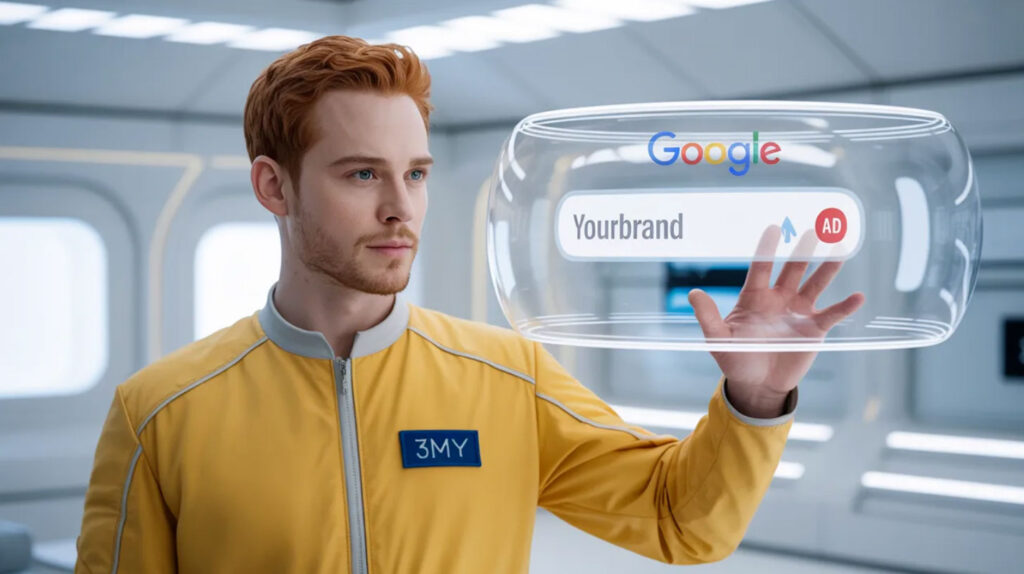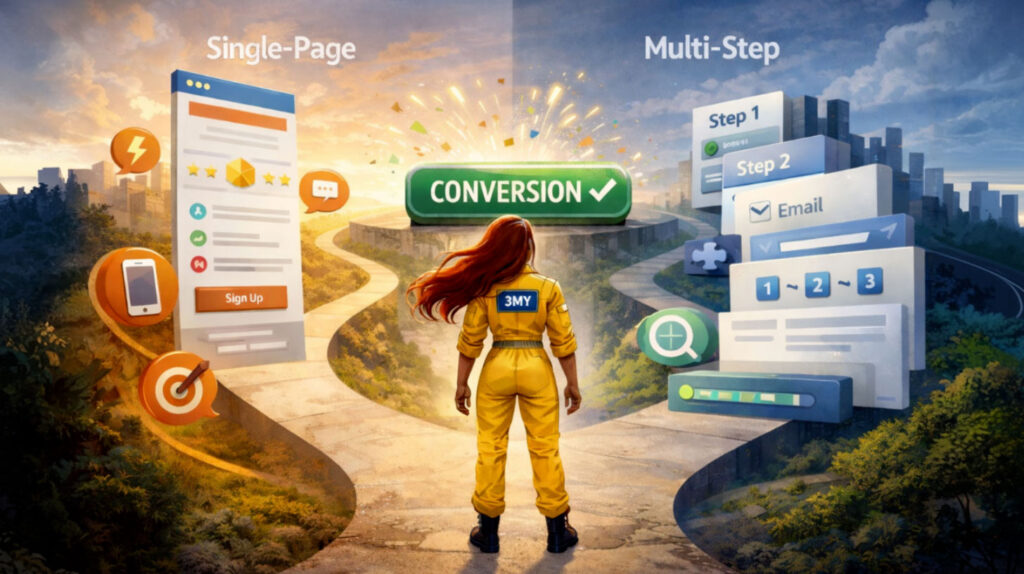Hiring a digital agency often feels like the logical next step when you’re ready to grow — whether that means scaling ad campaigns, revamping your website, or improving conversion rates. On paper, agencies promise speed, expertise, and results. But behind polished portfolios and confident pitch decks, there’s often another layer of reality that doesn’t make it into the proposal.
The truth is, not all agencies operate transparently. Some omit key details during onboarding. Others rely on vague metrics, junior staff, or cookie-cutter strategies while charging premium rates. And by the time you realize what’s actually happening, you’ve already committed time, money, and trust.
This article breaks down the five most common things agencies don’t tell their clients — not to scare you off, but to help you ask better questions, spot red flags early, and get the partnership you actually deserve. If you’re about to sign a retainer or already working with an agency that feels “off,” keep reading. These insights can save your budget and your sanity.
1. Your Budget Isn’t Always Spent on Ads
When an agency quotes you $2,000/month for paid advertising, you might assume all of that goes directly to Google or Meta. But in many cases, only a portion of it does. The rest? Management fees, internal costs, and sometimes even markups you don’t see.
What to Watch For:
- Ask how much of your monthly budget goes to actual media spend.
- Clarify whether fees are flat or percentage-based.
- Request ad platform invoices or access to the ad account.
Pro tip: If you don’t have direct access to the ad platforms, you don’t really know where your money is going.
2. They Reuse the Same Templates for Everyone
Many agencies run campaigns at scale. To be efficient, they reuse the same landing page templates, ad structures, and even copywriting across multiple clients.
What This Means for You:
- Your campaign might not reflect your unique selling proposition.
- Ad fatigue sets in faster when content isn’t tailored.
- The agency may be optimizing for speed, not quality.
What to Do: Ask to see original creative made just for your business. If all you get are generic templates, it’s time to push for custom strategy.
3. Most “Results” Are Vanity Metrics
It’s easy to impress clients with big numbers: impressions, clicks, reach. But those metrics don’t necessarily mean sales, leads, or actual business growth.
Red Flags:
- Reports full of clicks but no mention of ROI, ROAS, or profit.
- No discussion of lead quality or conversion rates.
- Focus on what looks good rather than what works.
What to Ask:
- What’s my cost per acquisition?
- What’s my return on ad spend per campaign?
- How are you tracking real conversions (calls, form fills, purchases)?
4. You Might Not Own Your Data (or Accounts)
This one’s big. Many agencies set up Google Ads, Meta Ads, or GA4 accounts under their own ownership. When you part ways, you lose access to the data you paid for.
Why It Matters:
- You lose valuable historical data that could inform future campaigns.
- You’ll have to rebuild everything from scratch with a new provider.
- The agency can “lock you in” by withholding access.
How to Protect Yourself:
- Insist that all accounts (ads, analytics, search console, etc.) are created under your ownership.
- Get admin access from day one.
- Make it part of your contract.
5. They Don’t Test As Much As They Claim
Split testing, A/B testing, multivariate testing – it all sounds great on paper. But real testing requires time, budget, and process.
Common Agency Gaps:
- Running one test and declaring a winner without iteration.
- Testing only creatives but not landing pages.
- Ignoring statistical significance.
How to Ensure Real Optimization:
- Ask how long each test runs and how results are measured.
- Review testing calendars and variant performance.
- Push for structured test-and-learn cycles, not “set and forget.”
Bonus: Most Agencies Rely Too Heavily on Automation
There’s nothing wrong with smart bidding or automated placements. But when agencies put everything on autopilot, it usually benefits the platform more than the advertiser.
Ask your agency:
- Are bids adjusted manually at any point?
- How do you override poor algorithm choices?
- When do you test manual bidding against automation?
Before / After: What You Get with Transparency
| Area | Standard Agency (Before) | Transparent Strategy (After) |
|---|---|---|
| Ad Budget Allocation | 60% fees, 40% media spend | 90–100% clarity on where money goes |
| Reporting Metrics | Clicks, Impressions | ROAS, CAC, revenue contribution |
| Account Access | View-only or none | Full admin access, real ownership |
| Creative Development | Reused templates | Custom strategy & creative |
| Testing Process | One-off tests, no documentation | Ongoing split testing with iteration |
Final Thoughts: Ask the Right Questions Early
Most agencies aren’t deliberately hiding things — but many depend on the client’s silence to keep operations easy and margins high. That’s why the burden is often on you to dig deeper, ask uncomfortable questions, and demand clarity where others might nod along.
To protect your budget, brand, and long-term results, take these steps from day one:
- Insist on full transparency — especially around what work is being done weekly, how success is defined, and how close that success ties to revenue, not vanity metrics.
- Retain control over all assets — that includes your ad accounts, analytics, creatives, domains, and CRM data. If the agency disappears, you should never lose access.
- Look for strategic thinking — if the creative, campaign structure, or messaging feels generic, it probably is. You’re not paying for templates. You’re paying for insight.
- Expect pushback from professionals — a good agency doesn’t just execute blindly. It challenges you when something won’t work and backs up every recommendation with data or rationale.
In short, a good agency should operate as an extension of your business rather than just another vendor. When the team asks thoughtful questions, explains what they are doing, and adapts based on actual performance, it shows you are in capable hands. If that level of care is missing, the signs will appear quickly, and by then, you might already be paying the price.










